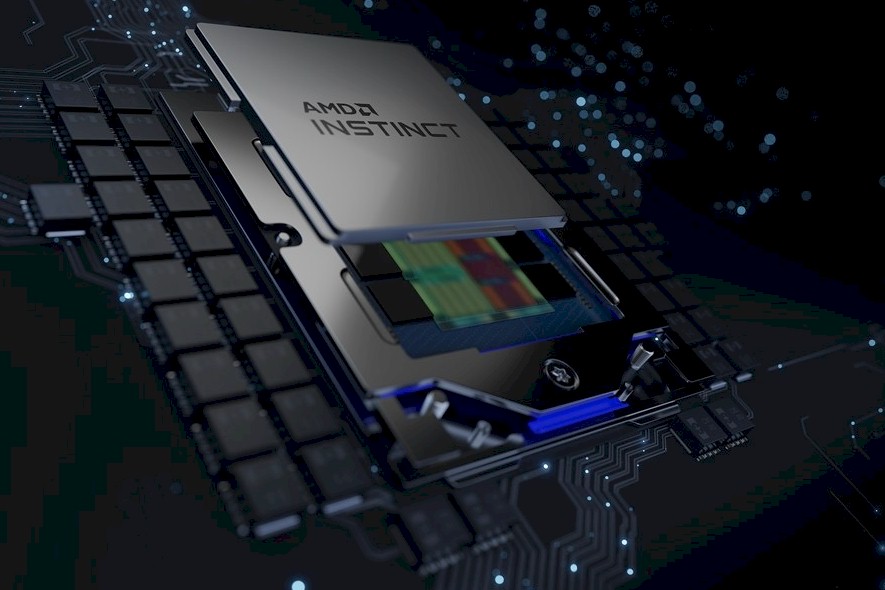sorry to butt in but I find this power / performance war is very amusing.
This from
After its acquisitions of ATI in 2006 and the maturation of its discrete GPUs with the Instinct line from the past few years and the acquisitions of

www.nextplatform.com
"The “Golden Cove” core is used in the forthcoming “Sapphire Rapids” Xeon SP processor etched with Intel’s refined 10 nanometer SuperFIN process, known as Intel 7 now, so this Power-Performance-Area, or PPA, comparison is apt for the datacenter as well as for the desktop. Normalized for an 8-core, 16-thread chip running at 3.9 GHz, the Zen 3 core has 45 percent less area, burns 45 percent less power, and offers a smidgen more performance, which equates to a 78 percent better performance per watt. (AMD is mixing data for 8-core and 16-core chips in the chart above, which is annoying.)"
Personally, I can't wait for CDNA3, the DC APU. Got to have super efficiency to cram that into a chip.




